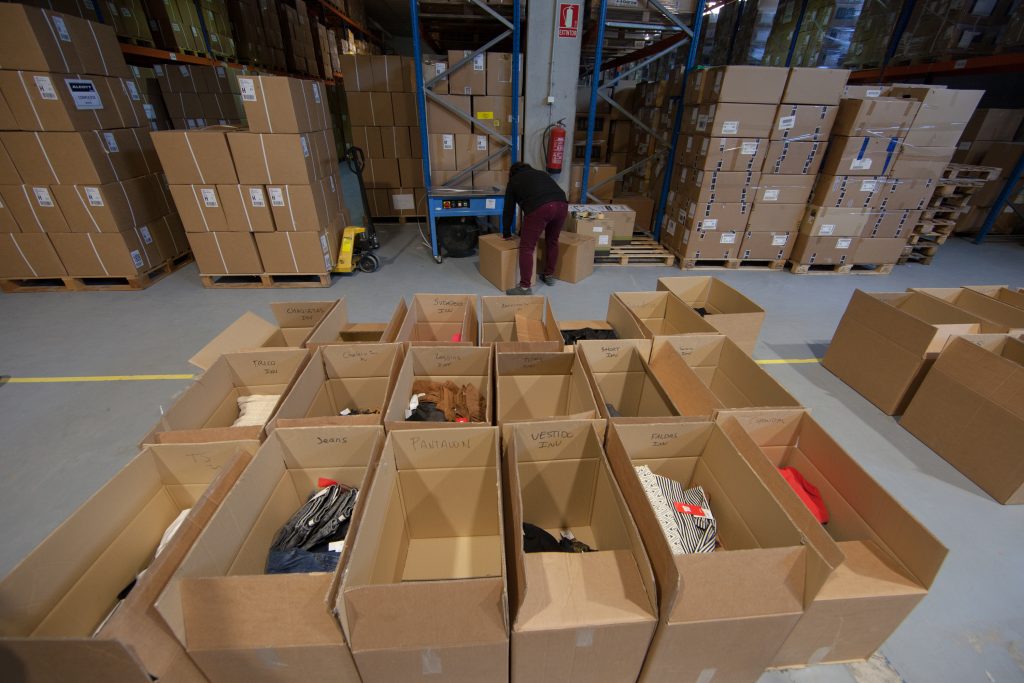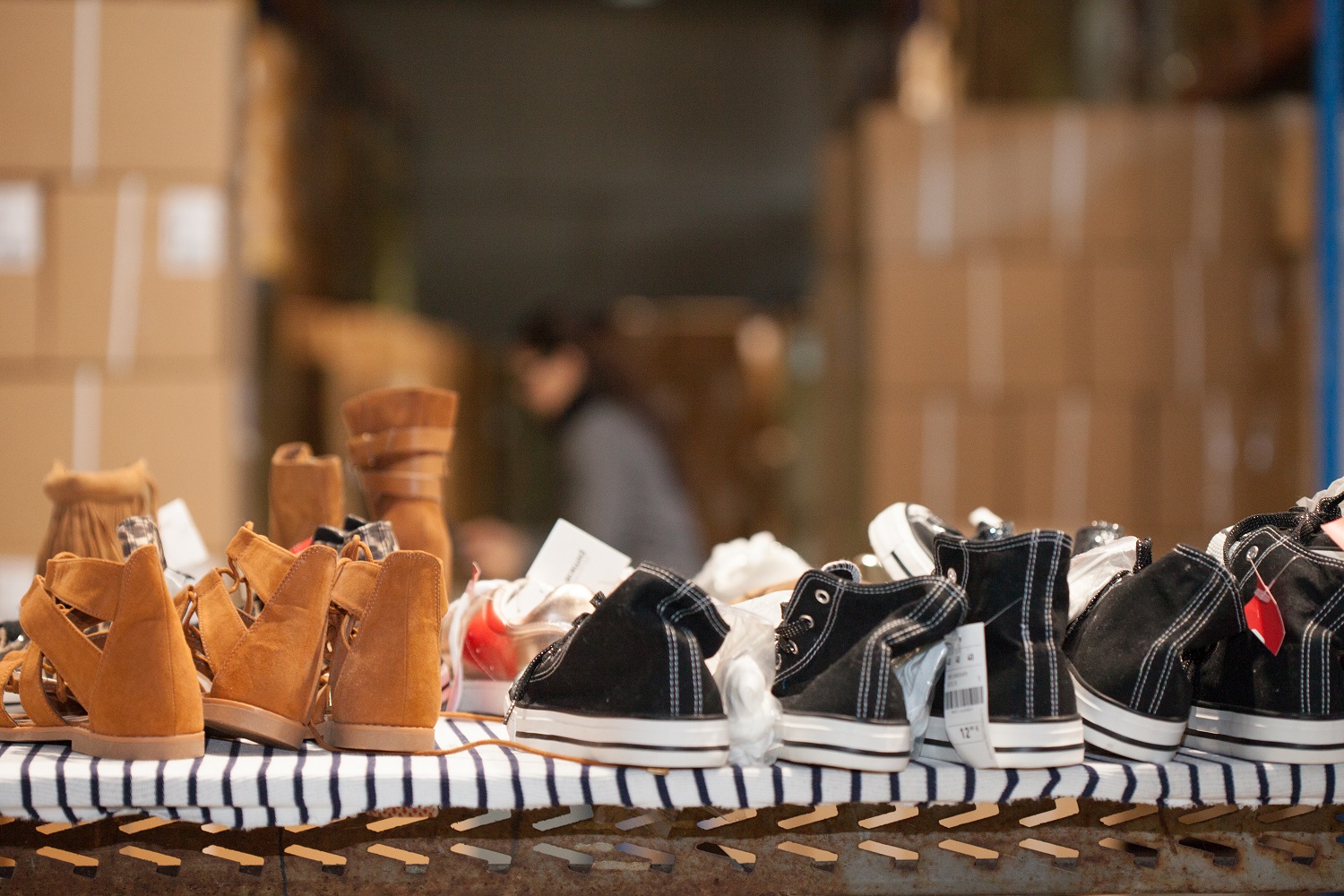As the amount of discarded textiles keeps increasing, so does the need for brands to try and find opportunities in textile-to-textile recycling in order to progress in their transition towards circular economy. According to the platform HEY FASHION! (launched by The Eileen Fisher Foundation), “To unlock the huge potential of textile-to-textile recycling, large scale investment is needed globally throughout the value chain, but particularly in collection and sorting.”
On HEY FASHION! they explain that private investment is needed to create an infrastructure that can efficiently recycle at the necessary rate and benefit all levels of a functioning circular economy from resale, repair and recycling.

Key actions
On HEY FASHION! they highlight some of the key actions to take, such as better labelling that provides an accurate material composition. There’s a need to use innovative technology—such as near-infrared (NIR)—that helps mapping textile recycler’s capabilities. Also, it is important to invest in emerging businesses like Siptex, in Sweden, which is the first large-scale facility to sort textiles by colour and fibre composition.
Besides, collectors and sorters need to inform brands, retailers and manufacturers about what is required to facilitate intelligent, effective sorting, and recyclers need to communicate back their feedstock preferences. Basically, there’s a need to match textile waste from sorters with recyclers enabling the building of an infrastructure towards greater circularity.
Manufacturers, in turn, should separate their waste by materials and colours, and use platforms like Reverse Resources to keep track of their waste and learn how to segregate it.Governments have to co-invest in sorting facilities, offer tax breaks and incentives to local sorting businesses and open-source platforms like A-GAIN Guide that can encourage users to change their clothes disposal habits. Government legislation is also required in order to incentivize new kinds of business, help brands and stimulate demand.

